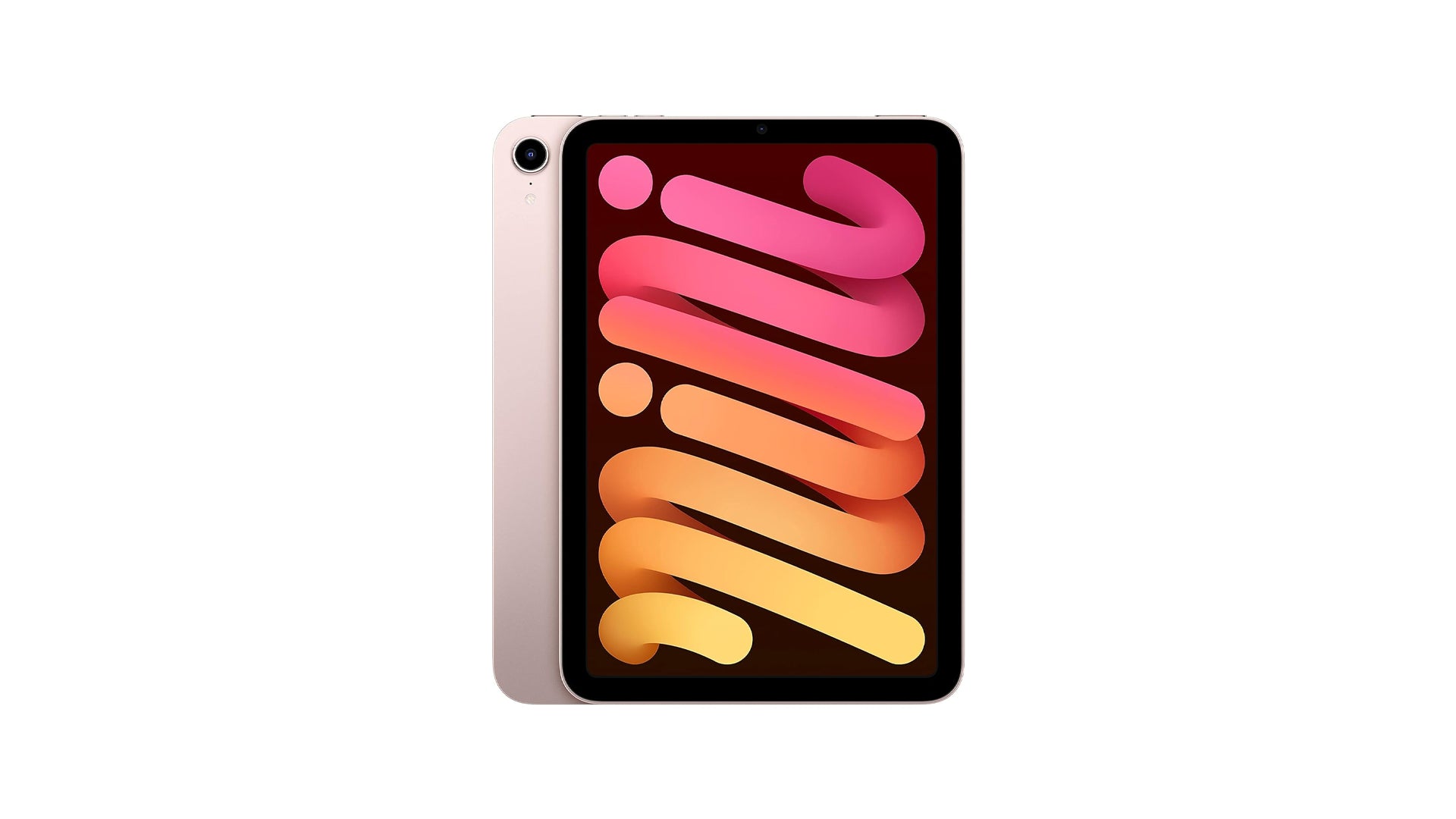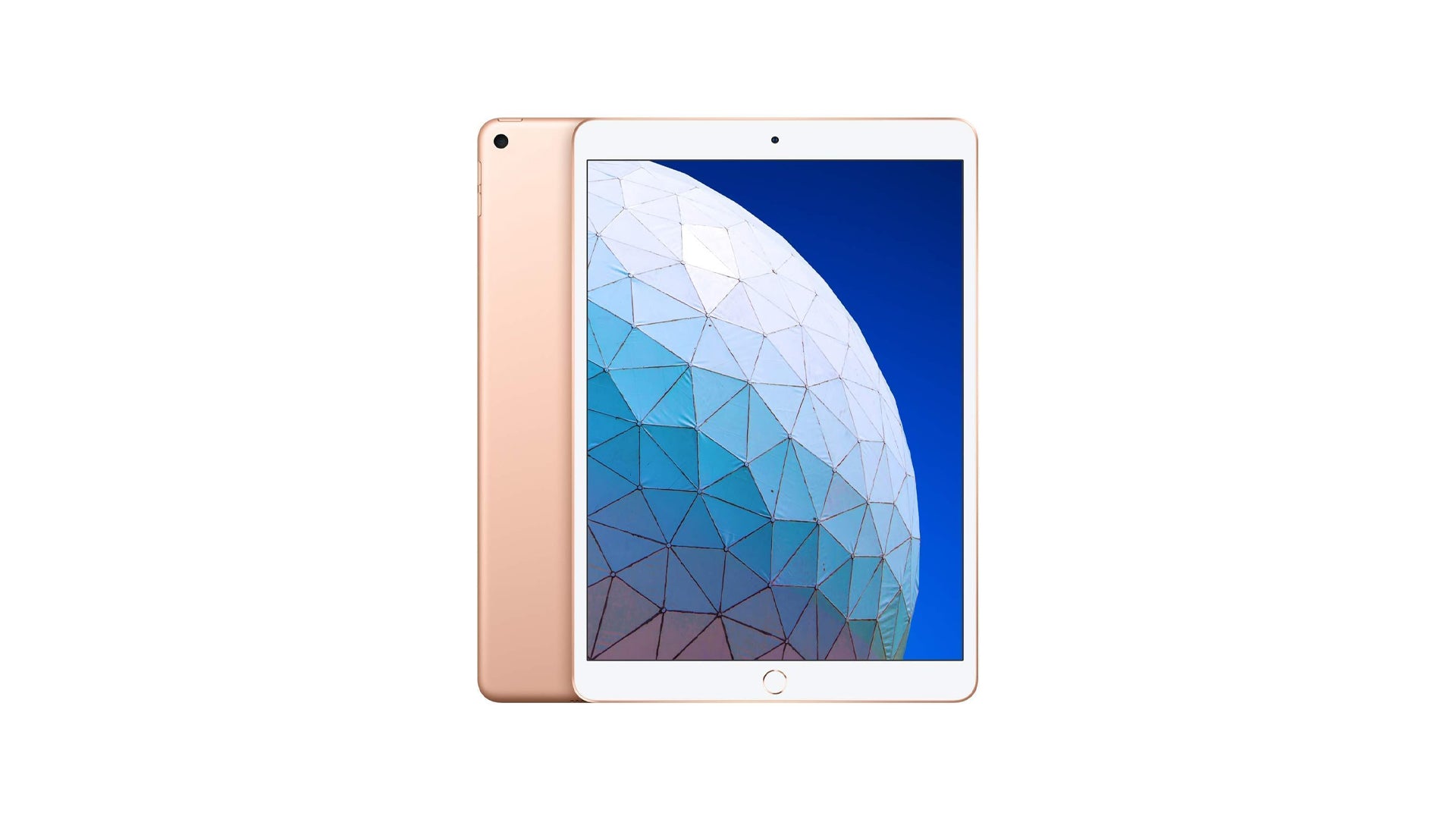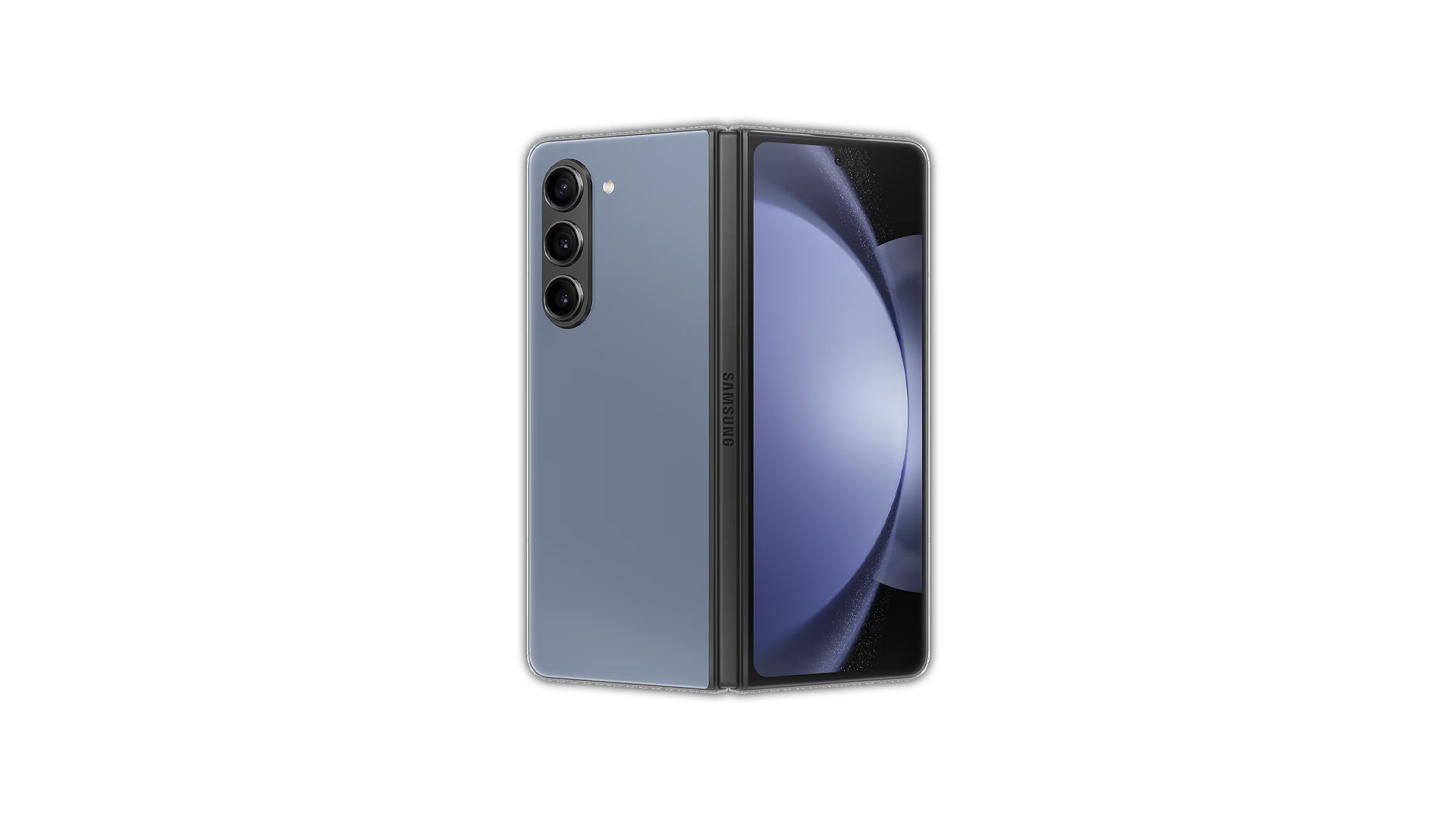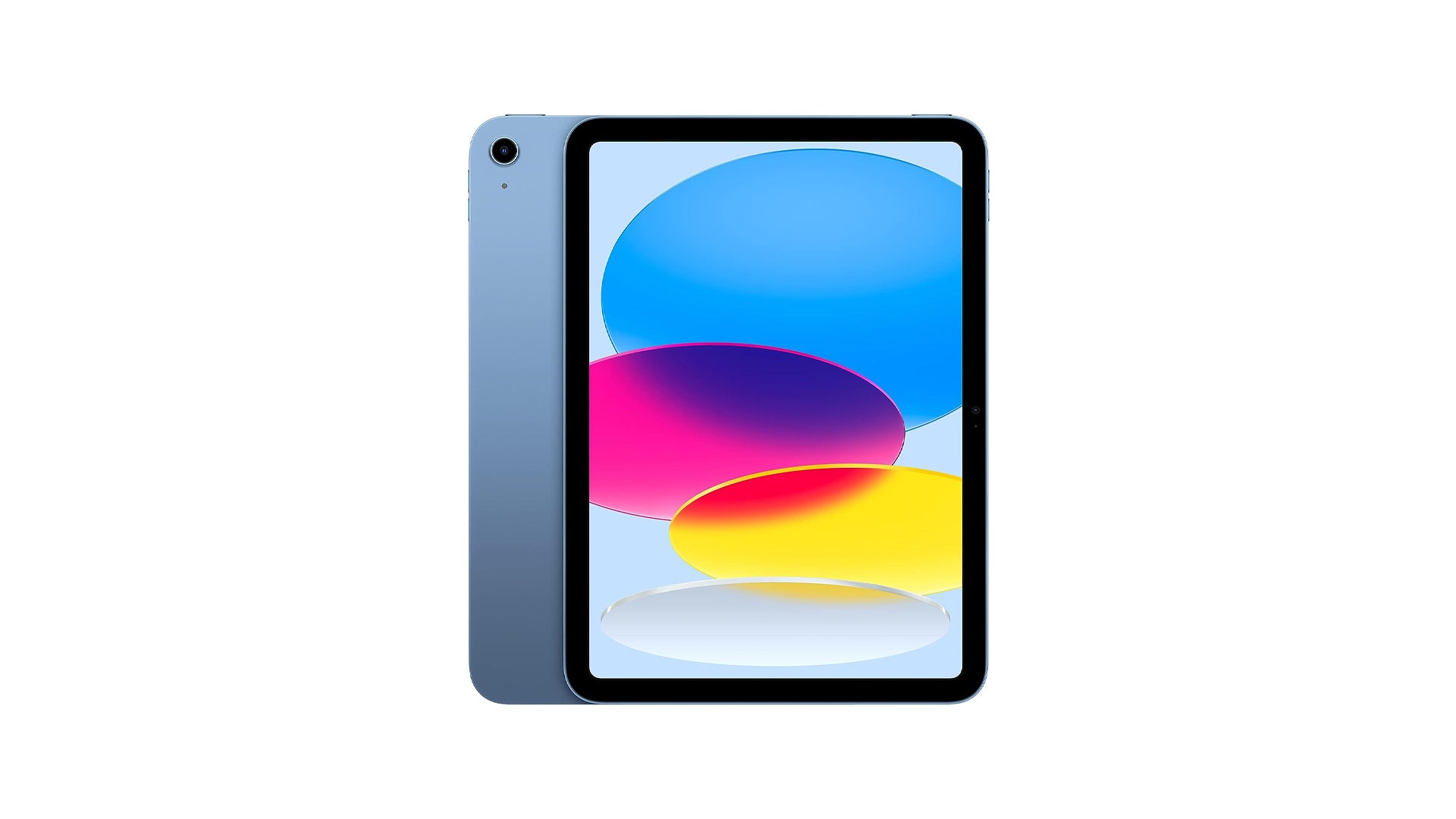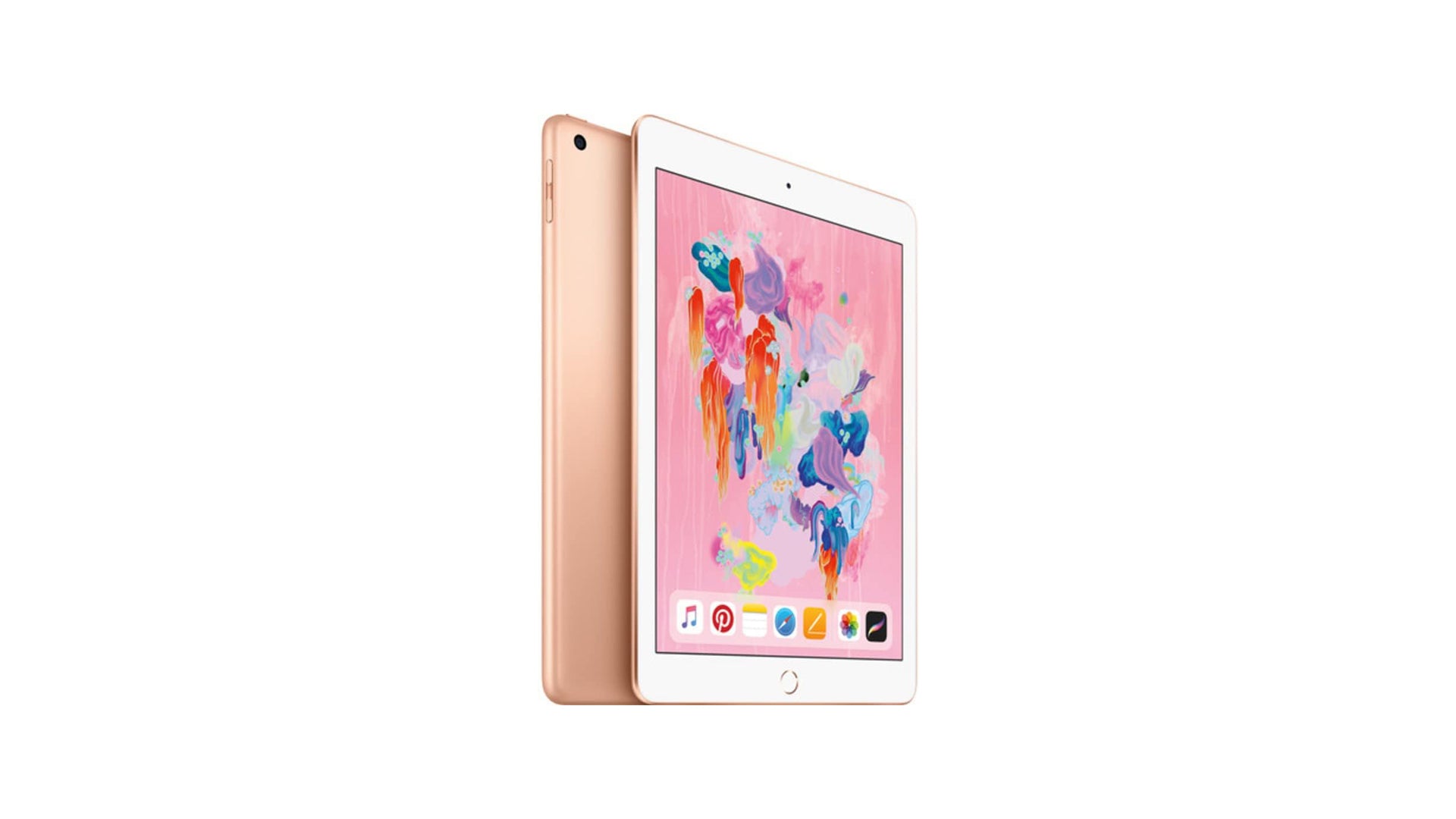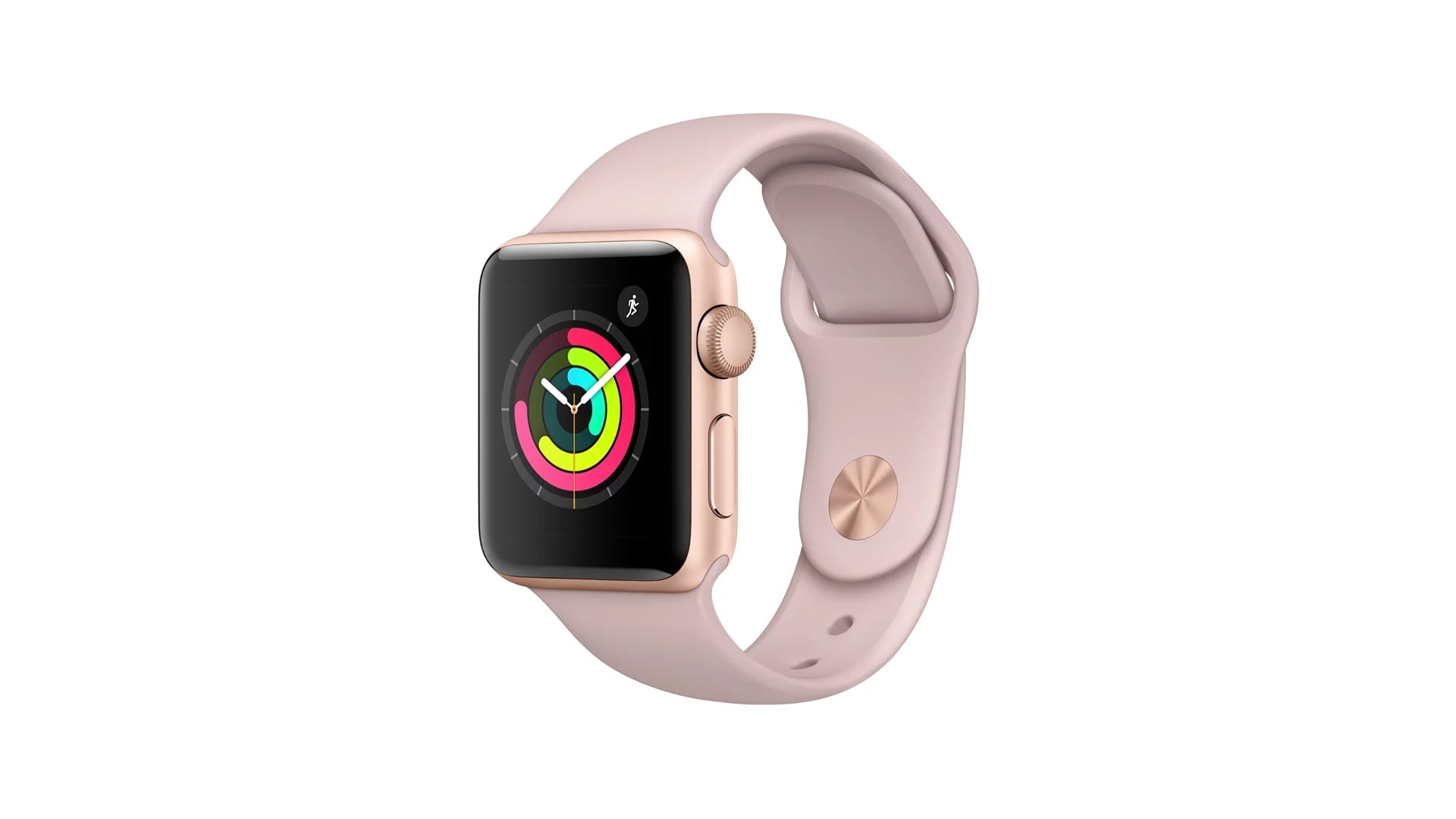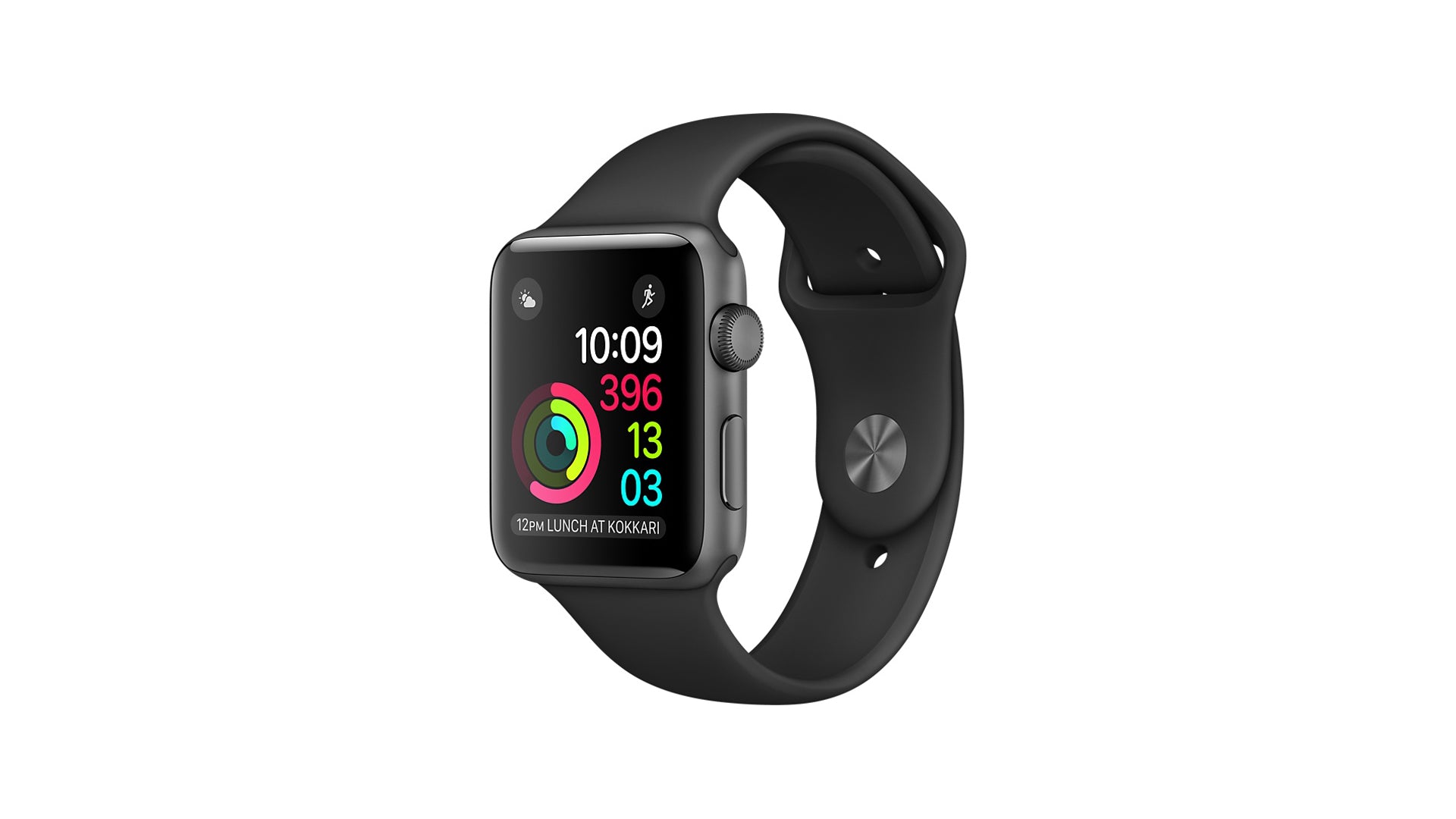When you're in the market for a new or refurbished smartphone, one of the most empowering aspects is whether the device is locked or unlocked. This decision can significantly impact your overall experience and satisfaction with your device. This comprehensive guide will empower you to know the critical differences between locked and unlocked phones, their advantages and disadvantages, and how to determine your smartphone's status. Suppose you're considering buying a used or refurbished phone. In that case, it's essential to be aware of the potential risks, such as hidden damage, limited warranty, or the possibility of a locked device.
What is a Locked Phone?
A locked phone is a device tied to a specific carrier's network. This means the phone can only be used with the carrier it is locked to unless it is unlocked. Carriers lock phones to their network to ensure that the device is used with their services, often as a way to recoup the cost of the phone when it is sold at a subsidized price.
For example, if you purchase a phone from Carrier A, it will be locked to Carrier A's network, preventing you from using it with Carrier B. This locking mechanism is generally achieved through software restricting the phone's ability to connect to other carriers' networks.
Pros of Locked Phones:
One significant advantage of buying a locked phone is the subsidized cost. Carriers often offer these phones at a lower upfront price or even for free with a new contract. This makes it more affordable for consumers to get the latest models without a hefty initial investment. Moreover, some carriers provide exclusive deals or services only accessible with a locked phone, like discounted data plans or free streaming subscriptions. These perks make a locked phone appealing to specific consumers despite the limitations.
Carrier Support: Locked phones typically receive better customer support from the carrier. This includes access to technical assistance, troubleshooting, and software updates tailored to the carrier's network. This can be particularly advantageous if you are not tech-savvy and prefer having dedicated support from your carrier.
Promotions and Deals: Carriers frequently offer promotions, discounts, and bundled deals for locked phones. These can include lower monthly rates, free accessories, or even trade-in bonuses, making the overall package more appealing.
Cons of Locked Phones:
The most significant drawback of a locked phone is its lack of flexibility. For instance, if you're a frequent traveler, an unlocked phone allows you to switch to a local carrier, avoiding high roaming charges. Similarly, an unlocked phone lets you switch if you relocate to an area with better coverage from a different carrier. Or, if you find a better deal with another provider, you can take advantage of it without any restrictions. This freedom is not available with a locked phone.
Potential Fees: Unlocking a phone might involve fees or fulfilling certain conditions. For example, you may need to complete your contract, pay off the phone entirely, or meet other requirements the carrier sets. This can add unexpected costs and delays if you decide to switch carriers. It's also important to note that unlocking a phone can have potential risks, especially if not done by the airline. This could include voiding the warranty, damaging the device, or rendering it unusable. Always understand the terms of your contract and the carrier's unlocking policy before attempting to unlock your phone.
Slower Updates: In some cases, locked phones may receive software updates more slowly than unlocked phones. This is because the carrier must test and approve updates, which can take longer than unlocked devices that receive updates directly from the manufacturer.
What is an Unlocked Phone?
An unlocked phone, on the other hand, is not tied to any specific carrier. It can be used with any carrier that supports the phone's technology (GSM, CDMA, or both). This flexibility allows users to switch carriers as needed, whether for better rates, improved coverage, or other reasons.
Unlocked phones are sold at their total price, meaning no carrier subsidy is involved. While this results in a higher initial cost, the benefits of having an unlocked device often outweigh the initial expense for many consumers.
Pros of Unlocked Phones:
Unlocked phones offer a significant advantage in power to switch carriers anytime, without restrictions. This empowers you to seize better deals, improved service, or special airline offers. Whether moving to a new location or traveling frequently, you can choose a carrier that offers the best coverage and rates for your needs, giving you complete control over your smartphone experience.
Unlocked phones generally have a higher resale value than locked phones, thanks to their appeal to a broader range of buyers not tied to a specific carrier. When it's time to upgrade your device, you can sell your unlocked phone for a better price, helping offset the cost of your new device. This reassures you that your investment in an unlocked phone can pay off in the long run.
Regarding international travel, having an unlocked phone can be a game-changer. It can save you significant money on roaming charges, and you can easily switch to a local carrier by purchasing a local SIM card. This allows you to enjoy local calls, texts, and data rates, making your travel experience more convenient and cost-effective. This primarily benefits frequent travelers or those who spend extended periods abroad, giving them peace of mind and freedom to stay connected.
Cons of Unlocked Phones:
Higher Initial Cost: The most apparent disadvantage of an unlocked phone is the higher upfront cost. The initial investment can be substantial since you are paying the total price of the device without any carrier subsidy. However, many consumers find that the long-term benefits and savings outweigh the higher initial expense.
Compatibility Issues: Not all unlocked phones are compatible with all carriers. It's essential to ensure that the unlocked phone you purchase supports the bands and frequencies of the carrier you plan to use. For example, some phones may only work with GSM networks (used by AT&T and T-Mobile in the U.S.) and not CDMA networks (used by Verizon and Sprint). Checking compatibility before purchasing an unlocked phone is crucial to avoid connectivity issues.
Lack of Carrier-Specific Features: Some carriers offer exclusive features, services, or applications that are only available on their network or with their branded phones. These features could include advanced network settings, special data plans, or unique apps. You may need access to these carrier-specific features when using an unlocked phone, which could be a drawback if you rely on them. It's essential to consider this when deciding between a locked and unlocked phone.
How to Determine if Your Phone is Locked or Unlocked
If you need help determining whether your phone is locked or unlocked, several methods exist to check. Determining the status of your phone can help you make informed decisions about switching carriers, selling your device, or traveling internationally.
- Check the Settings: On many smartphones, you can find information about the network status in the settings. Go to Settings > General > About for iPhones and look for 'Carrier Lock.' If it says 'No SIM restrictions,' your phone is unlocked. The location may vary for Android phones, but you can find it under Network & Internet or Connections. Look for options like 'Network Operators' or 'Cellular Networks,' where you can see if your phone is restricted to a specific carrier. If you need more clarification, you can also contact your carrier and ask them to check the status of your phone.
- Insert a Different SIM Card: The most straightforward way to check if your phone is locked is to insert a SIM card from a different carrier. If your phone accepts the new SIM card and you can make calls or use data, your phone is likely unlocked. Your phone is locked if you see an error message or cannot connect to the network. This method is quick and effective, especially if you can access a SIM card from another carrier.
- Contact Your Carrier: You can always contact your carrier's customer service to ask if your phone is locked and, if so, what the process is to unlock it. Please provide them with your phone's IMEI number, usually in the settings or by dialing *#06#. The carrier can check their records and inform you of the lock status and any steps needed to unlock the phone.
- Use Online Tools: Several websites offer IMEI checks that tell you if your phone is locked. You'll need to provide your phone's IMEI number, which can be found in the settings or by dialing *#06# on most phones. These online tools can quickly verify your phone's lock status, providing you with the information needed to unlock or switch carriers.
Conclusion
Choosing between a locked and unlocked phone depends on your needs and preferences. If you value flexibility and the freedom to switch carriers, an unlocked phone is the way to go. However, a locked phone might be more suitable if you prefer a lower upfront cost and consistent support from a specific carrier.
Understanding the differences between locked and unlocked phones will help you decide when purchasing your next smartphone. Whether you prioritize cost savings, flexibility, resale value, or travel convenience, knowing the pros and cons of each option ensures you get the best value and experience from your device. By taking the time to consider your needs and conducting the necessary checks, you can confidently choose the phone that best fits your lifestyle and requirements.

